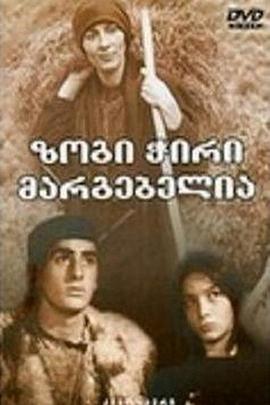蜜蜂飞了简介
A wealthy rais (a head of local administration in Tadzhikistan) builds his toilet right next to the house of a teacher in the village. The aromas of the toilet disturb the life of the teacher’s family; it is very upsetting for them. But the rais is also a new Tadzhik (new money) and ignores the complaints. Moreover, every time he visits the toilet, he shamelessly stares at the teacher’s young wife over the fence. However, the power of the rais is so great that nobody dares to oppose him. The teacher buys cheaply a home right in front of the rais’s house from an old man and decides to build a public toilet there.
It seems that the era of fairytales and legends has vanished and it is not possible to make film-parables. However, Jamshed Usmonov creates film-parables. In every one of his films there is a character telling a legend that turns the meaning of the film all around. In Flight of the Bee it is a tale about a bee, which saved the life of an army:
Once upon a time it was a custom to kill old people who reached a certain age. But one of the soldiers of Alexander the Great didn’t have the heart to kill his father. He hid him in his traveling trunk and carried it on his back during marches. The army came to a desert and the warriors started to die from thirst. Nobody knew how to find water. The father said to his son: Catch a bee, tie a white thread to its leg and follow it. It will take you to water. They found water and the army was saved. After that old people were spared because everybody recognized them as a source of wisdom. The village teacher tells this story to his students at the beginning of the film.
It is interesting to note how in the film Flight of the Bee different mentalities intermingled and co-existed. The teacher is typical of the Soviet intelligentsia: he writes books that nobody publishes; he looks for justice from the government that has never been fair to him. The surroundings of the village are still Soviet: the rais has Lenin’s portrait in his office; young people are idle and drunk as they always were during the Soviet era. The new capitalists, the new Tadzhiks in the village, do not wear designer jackets and do not talk on cell phones. The new money is presented in the character of the rais. It has almost a feudal quality; it is the power of a local lord.
Jamshed Usmonov has a unique talent to balance the funny and serious, the simple and complicated. He, like nobody else, senses this border, where a simple story turns into a parable and film characters stand out as archetypes of different periods set together in the gap of times. (kinokultura/GULNARA ABIKEEVA)

